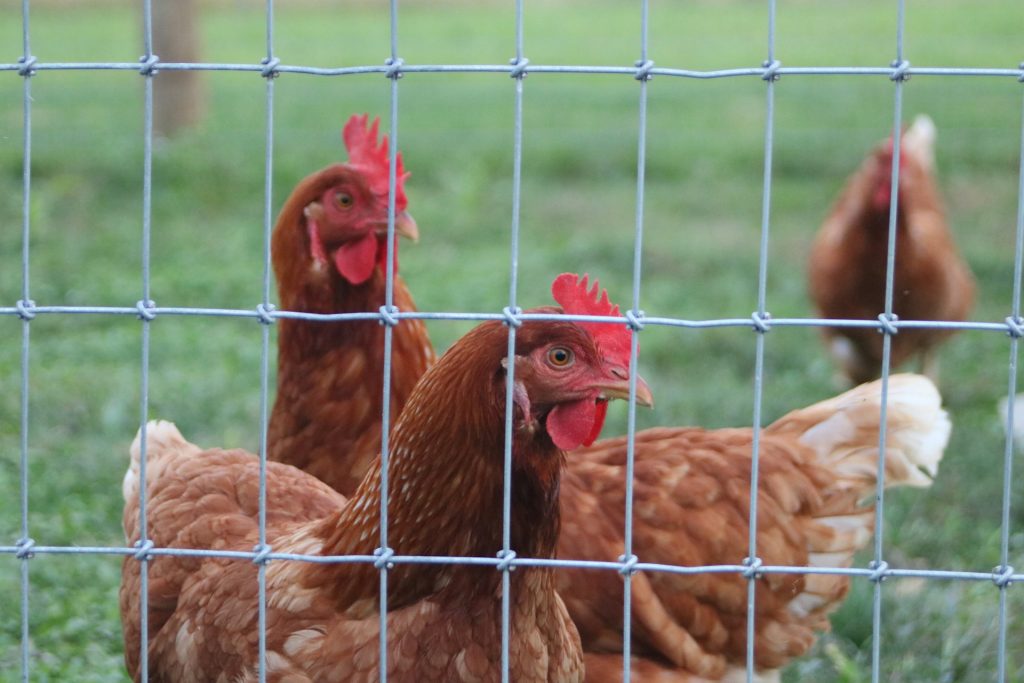Can you get bird flu from eggs?
Find out how bird flu is transmitted from birds to humans.
From time to time, information about outbreaks of bird flu appears in the news both in Ukraine and in other countries around the world. The infection is considered dangerous and can cause concern in anyone. But how is it transmitted to us? Can you get bird flu from eggs? Or from poultry meat?
MigNews will help you understand and tell you everything you need to know about this disease and the means of protection against it.
What is bird flu?
Bird flu is caused by different strains of influenza A viruses. Some strains cause no disease in wild birds or only mild disease. Others can cause severe disease in domesticated birds, such as chickens. Some strains can infect mammals, including seals, livestock, and sometimes humans. The most well-known strains are H5N1 and H7N9. H5N1 was first identified in 1997 in Hong Kong, re-emerged in 2003, and has spread rapidly among birds throughout Asia, the Middle East, the Americas, Europe, and Africa. H7N9 was first identified in 2013 in eastern China. Both strains H5N1 and H7N9 have caused serious infections and deaths in humans. The H5N1 strain, designated clade 2.3.4.4.4b, causes serious disease and death in domestic and wild birds and mammals.
Most infections are mild or have no symptoms. When they do occur, common symptoms are similar to those of seasonal flu and include:
- Fever;
- Cough;
- Fatigue;
- Muscle aches;
- Sore throat;
- Shortness of breath;
- Runny nose;
- Headache;
- Diarrhea;
- Conjunctivitis.
Severe cases can lead to neurological changes, pneumonia, encephalitis (inflammation of the brain), or death. Symptoms usually appear 2 to 10 days after infection.
If you feel unwell after traveling to areas where bird flu outbreaks are occurring and have been in close contact with birds or wild animals, tell your doctor so that the necessary tests can be carried out.
Can you get bird flu from eggs?
Technically, yes, bird flu can be transmitted through food. “We know it can because several cats have become ill and even died from drinking raw milk contaminated with the H5N1 virus,” says Professor Felicia Wu.
Bird flu is spread through direct contact with infected birds or their saliva/feces. Spread can also occur through indirect contact through droplets or dust containing the virus.
Transmission of the virus from person to person is extremely rare, but can occur if a person does not use personal protective equipment (PPE) and is in close proximity to an infected person for a long time.
The risk of human infection with avian influenza when consuming animal products originating from areas vulnerable to bird flu is very low.
Wu emphasizes that you can continue to eat eggs, dairy products and poultry, provided you prepare them correctly. This includes that you should only use pasteurized milk, not raw milk.
From a food safety perspective, cooking poultry, eggs and beef to the appropriate internal temperature of 73.8 kills bacteria and viruses, including bird flu, according to the CDC. It's also important to wash your hands thoroughly after handling these foods, the agency said.
How can I protect myself from bird flu?
 Prevent infection by avoiding contact with wild birds and animals, washing your hands regularly with soap and water, and thoroughly cooking poultry and poultry products before eating. Source: unsplash.com
Prevent infection by avoiding contact with wild birds and animals, washing your hands regularly with soap and water, and thoroughly cooking poultry and poultry products before eating. Source: unsplash.com
Most cases of bird flu occur in people who work with livestock or poultry, or have been in contact with bird flocks. If you do not do any of these things, the risk of contracting bird flu is small, but it is possible, especially if you travel to areas where bird flu has already occurred.
Take these steps to minimize your risk of infection:
- Avoid wild birds and animals, poultry farms, and live poultry or animal markets.
- Wash your hands thoroughly with soap and water after handling uncooked poultry products (including meat and eggs).
- Avoid touching your eyes, nose, and mouth after handling these products.
- Wash your kitchen and cooking utensils thoroughly after handling raw poultry.
- Make sure poultry products (such as eggs) are thoroughly cooked or pasteurized before eating.
If you work with poultry, your workplace has infection control procedures that you must follow. You can also protect yourself by wearing PPE, including:
- P2/N95 masks;
- safety glasses;
- gloves;
- protective clothing;
There is no specific vaccine for avian influenza. But seasonal influenza (flu) vaccination can help prevent co-infection with multiple strains of influenza.
The HMPV virus, which came from China, has already appeared in Ukraine. What is it and does it threaten us with a new pandemic?

